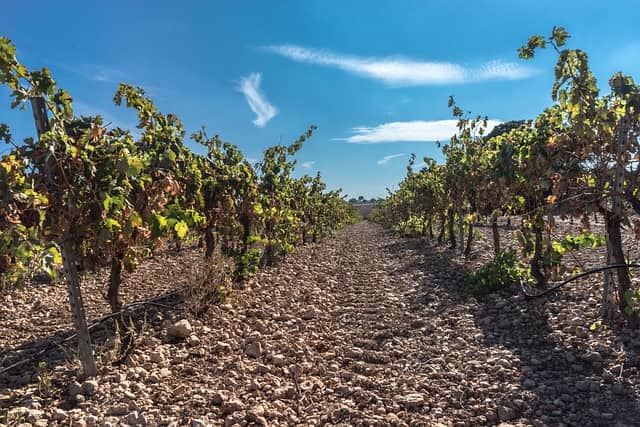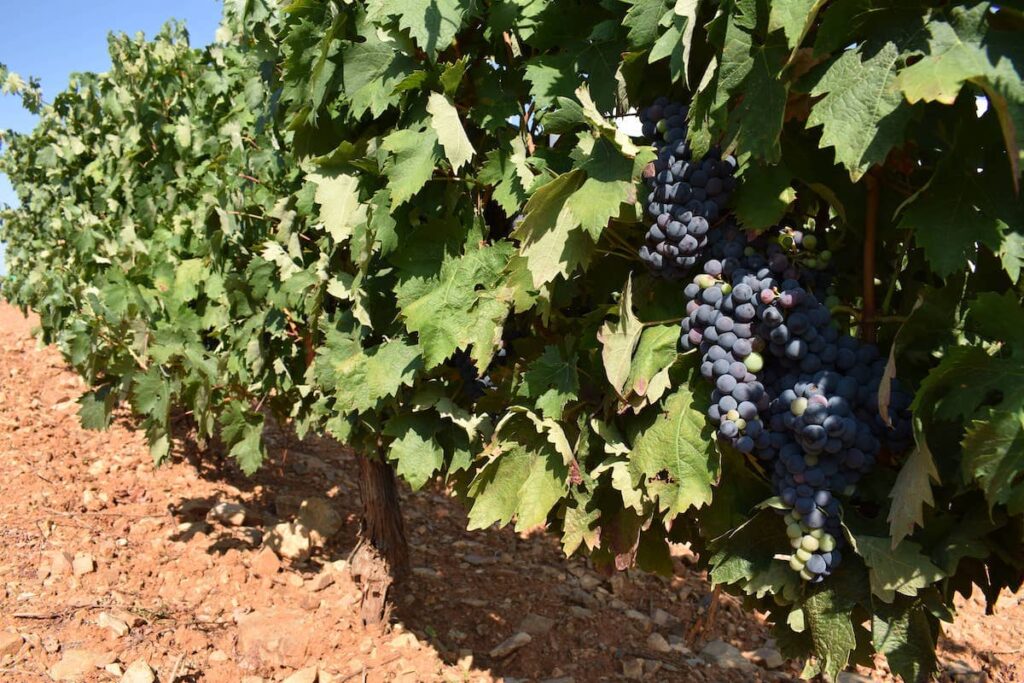The appellation of origin (D.O.) is the name by which wines are recognised that are regulated by a regulatory council and that are produced according to certain requirements.

The current Spanish Law on Vines and Wine defines "denomination of origin" (D.O.) as the name of a region, district, locality or specific place that has been administratively recognised to designate wines that meet a series of conditions.
In Spain, certain Denominations of Origin refer to wines produced in a specific Autonomous Community. An example is the DO Vinos de Madrid, which includes wines from this Autonomous Community. However, other Designations of Origin refer to territories that may cover different regions. This would be the case of the DO Ribera del Duero where four provinces of the Autonomous Community of Castilla y León converge: Valladolid, Segovia, Soria and Burgos.

What is the Regulatory Board?
The Regulatory Council is the management body of a Designation of Origin. Winegrowers and local wineries are represented on the Control Board on an equal footing.
Together they make decisions and reach agreements to define the conditions for the production of local wines.
The mission of the Regulatory Council of a Designation of Origin is:
-
- Apply the regulations that control the quality and guarantee the origin of their wines.
- To promote the wines protected under that particular AOC.
- Defending one's own DO and its interests.
What are the requirements that a wine must fulfil to obtain the Denomination of Origin?
For a wine to obtain Designation of Origin status, it must meet the following requirements:
- The wines must be made in the region or specific place of the Designation of Origin and the grapes with which they are made must come from the region, district, locality or specific place itself.
- They must be of high quality and have their own characteristics due not only to the region to which they belong but also to the way in which they are produced.
- Wines must have a high commercial prestige on the market according to their origin.
- To be recognised as a Denomination of Origin, at least five years must have elapsed since the wine was recognised as a product of that area.

What is the purpose of Designations of Origin?
The Denomination of Origin is basically aimed at guaranteeing the origin and quality of a wine. The Denomination of Origin is a kind of certificate that guarantees that wines from a certain area have similar characteristics regardless of the winery where they are produced.
The Designation of Origin is also important because it protects the production methods by preventing counterfeiting or imitations.
Another fundamental objective is the promotion of wine tourism, the promotion of a wine-growing region.
How many wine designations of origin are there in Spain?
Spain currently has a total of 96 different Protected Designations of Origin.
These are divided into different types:
67 Denominations of Origin (DO)
2 Qualified Designations of Origin (DOCa)
19 Vinos de Pago (VP)
8 Quality Wines (VC).





